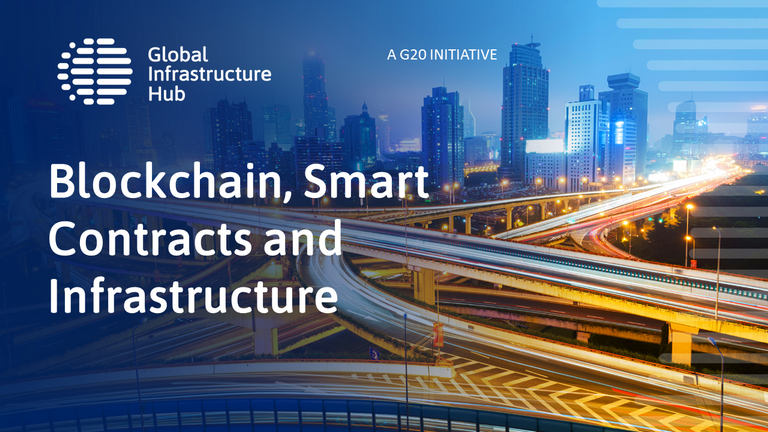865 results found
Featured results



More results

The PPP Contract Management Tool provides practical guidance to government officials responsible for managing public-private partnership (PPP) contracts and concession contracts during construction and operations, based on extensive data and real-life case studies.


On 3-4 July 2018 the GI Hub gave a series of presentations at the International PPP Finance Summit, held in London.
The Global Infrastructure Hub, a G20 initiative, has today published two reports that reveal an urgent need for infrastructure investment in 10 Compact with Africa[1] countries, and highlight the reforms required to encourage greater investment.
A new report released today by the Global Infrastructure Hub, a G20 initiative, has revealed an infrastructure investment gap of US$1 trillion in 10 Compact with Africa[1] countries over the next 22 years. This represents a 42 per cent investment gap; one of the largest regional gaps in the world.
The participants of the second Regional Roundtable on Infrastructure Governance held in Côte D’Ivoire last week reinforced the need for good governance across all stages of infrastructure delivery. The Regional Roundtable was the second of its kind, with the first held in South Africa in November 2017.
When we as consumers decide to invest our money—whether through shares, bonds, or other instruments—we look at whether our investment will deliver a solid financial return. It makes sense then that the same risk-return principle is applied to investments in infrastructure.
This brief illustrates the rationale, methodology and results of the African Infrastructure Development Index.

This paper first identifies the long-term risks associated with land sale, second the paper proposes the land trust or land lease for the development of infrastructure investment and industrialization purposes.

This study looks at the project practice in light of the strategy as declared in the sector paper. The main focus is on the first decade of the urban transport lending program (1972–82).

The GI Hub was asked by the Asia Pacific Investors Cooperation organisation (APIC) to give a presentation on the state of ASEAN infrastructure markets at the APIC 2018 Summit in Tokyo on 21-22 June 2018.
In the world of infrastructure, technological change presents both a challenge and an opportunity. The challenge arises because of the large capital investments which infrastructure projects normally require and the threat that the infrastructure may become obsolete before the investors – whether they are public or private investors – can fully recover their costs. At the same time, there is an opportunity, namely that by using new technologies, we can deliver infrastructure services to the public in a way that is both more efficient and more effectiv

The interest generated by the role of PPP in the implementation of the Sustainable Development Goals (SDGs) is considerable.







 Website - PPP Contract Management
Website - PPP Contract Management















